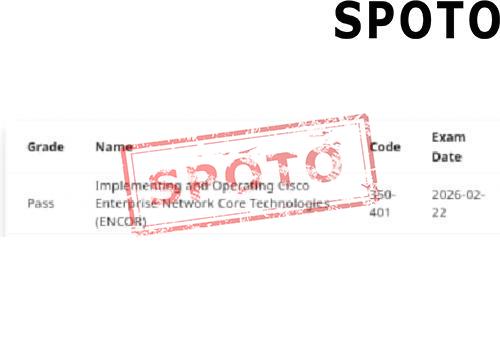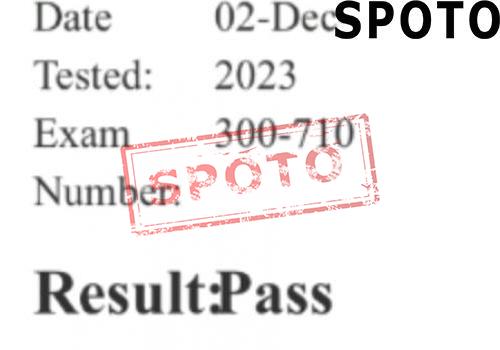
Table of Contents
Site Reliability Engineers (SREs) are technical professionals responsible for a variety of tasks including system availability, latency, performance, efficiency, change management, monitoring, emergency response, and capacity planning. SRE focuses include automation, system design, and improvements to system resiliency.This article will introduce you to what a Site Reliability Engineer is, the career information and prospects of a Site Reliability Engineer and the necessary conditions to become a Site Reliability Engineer.
1. What is a Site Reliability Engineer?
Site Reliability Engineers (SREs) are technical professionals responsible for a variety of tasks including system availability, latency, performance, efficiency, change management, monitoring, emergency response, and capacity planning. SRE focuses include automation, system design, and improvements to system resiliency.
2. What does a Site Reliability Engineer do?
Site Reliability Engineers (SREs) are professional technicians responsible for a variety of tasks such as system availability, latency, performance, efficiency, change management, monitoring, emergency response, and capacity planning. SRE focuses on automation, system design, and improvements in system resilience.
First, site reliability engineers (SREs) are responsible for identifying and fixing organizational system failures, which means they need to monitor sites and software to ensure their normal operation (including on-call), predict potential problems and propose solutions, and do post-event reviews. Secondly, design and implement emergency response and data recovery strategies, and write automation code within the site infrastructure. Third, ensure that services are continuously available and maintain high reliability. Finally, site reliability engineers (SREs) collaborate with software developers, engineers, and operations teams to proactively resolve system anomalies and prevent similar problems from happening again.
3. Career Insights: Salary, Outlook & Related Roles
(1) Site Reliability Engineer Salary
According to ZipRecruiter, the average hourly salary for a Site Reliability Engineer in California is $62.91 as of May 13, 2026. Salaries range from as high as $90.62 to as low as $10.68, but the majority of Site Reliability Engineer salaries in California currently range from $54.09 to $71.88. The average salary range for a Site Reliability Engineer varies greatly (as much as 17%), which means there may be many opportunities for advancement and increased pay based on skill level, location and years of experience.
(2) Job Outlook of Site Reliability Engineer
After extensive research, interviews, and analysis, Zippia's data science team found that there are currently more than 6,989 reliability engineers in the United States. And in the past 5 years, the salary of reliability engineers has increased by 6%. Today, there are 44,471 active reliability engineer job vacancies in the United States. Zippia uses statistics to predict that the growth rate of reliability engineer positions will be 10% from 2018 to 2028, and approximately 30,600 new reliability engineer positions will appear in the next decade.
(3) Similar Occupations
- DevOps Engineer
- Platform Engineer
- Systems Engineer (Cloud / Linux / Infrastructure)
- Cloud Engineer
- Software Engineer – Infrastructure / Backend
- Reliability Engineer (non-Site-specific)
- Observability Engineer
- Performance Engineer
- Security Engineer
- Production Engineer (Facebook/Meta term)
4. What Are the Qualifications to Become a Site Reliability Engineer?
(1) Obtain a Bachelor's Degree
The job requirements for Site Reliability Engineer require applicants to have a bachelor's degree in computer science, software engineering or related IT fields. However, the specific requirements vary depending on the company. Some companies require higher education or more internship experience.
(2) Develop professional skills
Site Reliability Engineers need to have extensive and in-depth computer software process technology. First, SREs need to be proficient in programming languages such as Python, Go, or Java to develop automated tools and script daily operation and maintenance tasks. Second, familiarity with the Linux operating system and strong command line operation capabilities are essential for system troubleshooting. Furthermore, SREs also need to master cloud platforms to deploy and manage distributed system services, and proficiency in infrastructure as code tools such as Terraform and Ansible is also a necessary skill. Finally, they need to be proficient in monitoring, logging, and alerting tools such as Prometheus, Grafana, ELK Stack, or Datadog to visualize and monitor the operating status of the system in real time. SREs must also have excellent problem analysis and problem solving capabilities, the ability to respond quickly to system failures, and a deep understanding of core technologies such as networking, load balancing, and security in order to proactively identify and fix potential risks and ensure service reliability.
(3) Earn Industry Certifications
DevNet Professional certification demonstrates your ability to develop and maintain applications on Cisco platforms. With Cisco DevNet Professional certification, you will gain a unique combination of software and infrastructure skills to help you become a Site Reliability Engineer.










